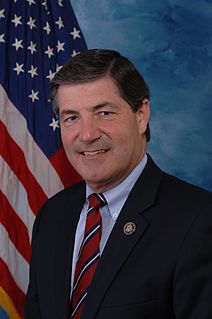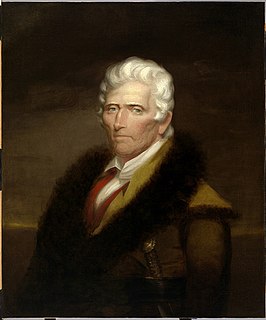A Quote by Isabella Bird
The Shat-el-Arab is a noble river or estuary. From both its Persian and Turkish shores, however, mountains have disappeared, and dark forests of date palms intersected by canals fringe its margin heavily, and extend to some distance inland.
Related Quotes
The Iranian people were converted to Islam not very much longer after the conquest of the Arab world by Islam, but they refused to adopt the Arabic language, and it's a great point of pride to them that Persian culture and the Persian language and Persian literature survived the conversion to Islam. And the conversion to Islam also was for most of them not the Sunni majority form, but the Shia one. So there's a great discrepancy between Iranian society and many other of what we think of as Arab Muslim States and systems.
The beauty of the air, from the air... You haven't seen Australia unless you see it from the air. The coastline, the colours of the inland. The claypans, the forests. It's just all so beautiful. You'd never see that from the road. People climb mountains to see these things. You see that every time you take off.
I have dark skin. My nickname is El Negro. They call me El Negro in Mexico because even in my country, the dark skin is evidence of Indian blood, a sign that one technically belongs to a third class. Even my grandmother had some kind of differentiation with me, because I was darker than my siblings.
Is not the midnight like Central Africa to most of us? Are we not tempted to explore it,--to penetrate to the shores of its Lake Tchad, and discover the source of its Nile, perchance the Mountains of the Moon? Who knows what fertility and beauty, moral and natural, are to be found? In the Mountains of the Moon, in the Central Africa of the night, there is where all Niles have their hidden heads. The expeditions up the Nile as yet extend but to the Cataracts, or perchance to the mouth of the White Nile; but it is the black Nile that concerns us.








































